![]() There are new projects in the Student Project Bank! Projects are available to all undergraduate and postgraduate students at BU and can be used for their dissertation, assignment, unit or group work. Members of staff may also choose a project to set to their students.
There are new projects in the Student Project Bank! Projects are available to all undergraduate and postgraduate students at BU and can be used for their dissertation, assignment, unit or group work. Members of staff may also choose a project to set to their students.
SPB068: Raising the Profile of Bradford Abbas Village
The aim of this project is to provide better information about the village for visitors and members of the community. The information is to be both historical and current; i.e. an ‘interpretation board’ that explains the history, people and places associated with the village; and the ‘village plan statement’ located on the Parish Council website. This project will involve working with Bradford Abbas Parish Council and Bradford Abbas History Society.
SPB073: Mapping of signing up user journey for financial products
Harmoney is a not-for-profit organisation with a mission to help people to manage their money better, particularly so that it doesn’t cause worry, stress, or mental distress. Their initial service is providing advice on welfare benefits and debt problems. This project involved mapping the signing up user journeys of existing online current account and budgeting products, particularly those built for smartphones (like Monzo) and new innovative services (like Squirrel). You will be looking for similarities between the maps and assessing what works well and what doesn’t. These findings will be used to make recommendations for our product.
SPB074: Mapping of user journey of financial products
Harmoney is a not-for-profit organisation with a mission to help people to manage their money better, particularly so that it doesn’t cause worry, stress, or mental distress. Their initial service is providing advice on welfare benefits and debt problems. This purpose of this project is to map the user journeys of existing online current account and budgeting products, to undertake tasks such as setting up regular payments, making transfers, checking balance. You will be looking for similarities between the maps and assessing what works well and what doesn’t. These findings will be used to make recommendations for our product.
SPB075: Harmoney cyber security
Harmoney is a not-for-profit organisation with a mission to help people to manage their money better, particularly so that it doesn’t cause worry, stress, or mental distress. Their initial service is providing advice on welfare benefits and debt problems. Map out security methods used by existing services of online current account products. What are the options? What direction might these tools be going in in relation to security? Are costs considered? What is the user preference? These findings will be used to make recommendations for our product.
SPB081: Cherry Tree Nursery Website Revamp
Cherry Tree Nursery is part of the Sheltered Work Opportunities project, a registered charity based in Bournemouth serving the local Community. We were set up to address the great need for meaningful occupation, in a supportive and pressure free environment, for adults with severe and enduring mental illness. Cherry Tree Nursery’s website is out dated and needs a revamp to bring it in line with modern website design and to attract new visitors to the charity.
Apply now
A complete list of projects is available here. Send us an email to request a project brief and application form.
 D” was seized enthusiastically, and for half an hour the only sound was the scratching of biros whilst participants created some classic interpretations of the PhD experience in cartoon form. The results were extremely entertaining, and reminded us that most students experience similar traumas and joys during the PhD process.
D” was seized enthusiastically, and for half an hour the only sound was the scratching of biros whilst participants created some classic interpretations of the PhD experience in cartoon form. The results were extremely entertaining, and reminded us that most students experience similar traumas and joys during the PhD process.
 Need any help with understanding how to use your research to influence public policy? Looking for support and guidance on how to effectively engage with policy makers?
Need any help with understanding how to use your research to influence public policy? Looking for support and guidance on how to effectively engage with policy makers?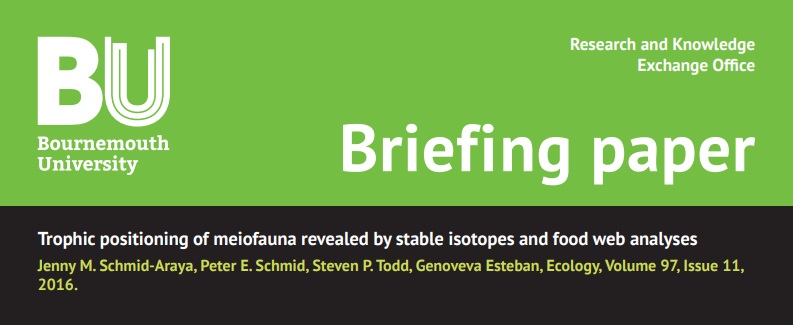 Our
Our 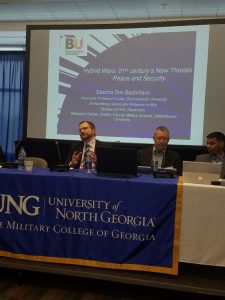
 When: 30 January 2018
When: 30 January 2018





 n Sunday BU and RSPB staff along with volunteers from SUBU enjoyed hearing what young people under 12 years old thought about about being outdoors.
n Sunday BU and RSPB staff along with volunteers from SUBU enjoyed hearing what young people under 12 years old thought about about being outdoors.

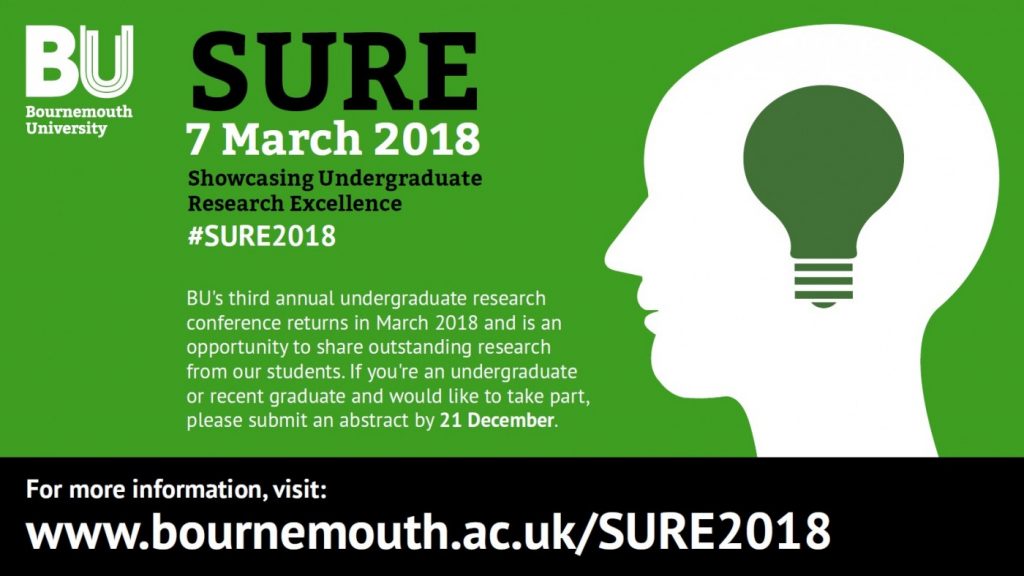

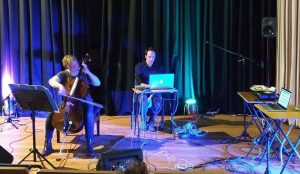 Organised by Dr Ambrose Seddon (
Organised by Dr Ambrose Seddon (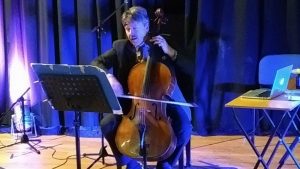
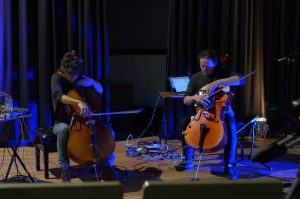
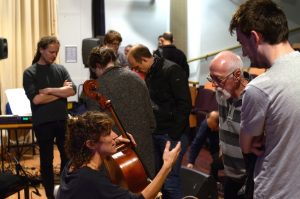
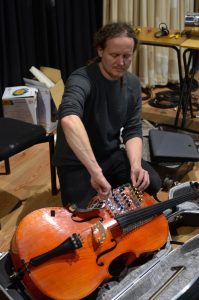

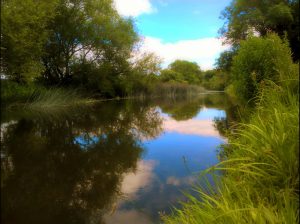












 Conversation article: London Marathon – how visually impaired people run
Conversation article: London Marathon – how visually impaired people run Horizon Europe News – December 2023
Horizon Europe News – December 2023